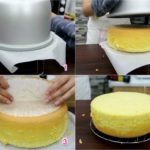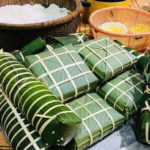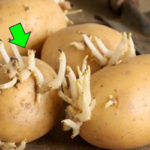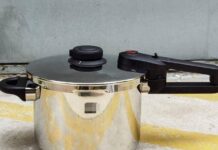Concerns Over Real and Rubber Chicken Eggs
How can we provide our loved ones with meals that are not only nutritious and hygienic but also beneficial to their health? The answer lies in the ingredients – the most crucial aspect. We’ll start with an ingredient that is consumed in large quantities in every family’s meals: chicken eggs.
With the rise of social media, many people spend their free time browsing through content on their feeds. There is a mix of accurate and misleading information, and the term “rubber chicken eggs” has gained significant attention, with numerous articles and queries about identifying fake and real eggs. This has undoubtedly impacted consumers’ psychology.
We will neither analyze the accuracy of these claims nor criticize them. Our primary focus is community health. Let’s keep it simple: why not buy eggs from reputable sources with clear origins and certifications? That would quickly resolve any concerns, wouldn’t it?
Certified Chicken Eggs
We would like to share with our readers the types of certifications that indicate “standard-compliant” chicken eggs for your reference:
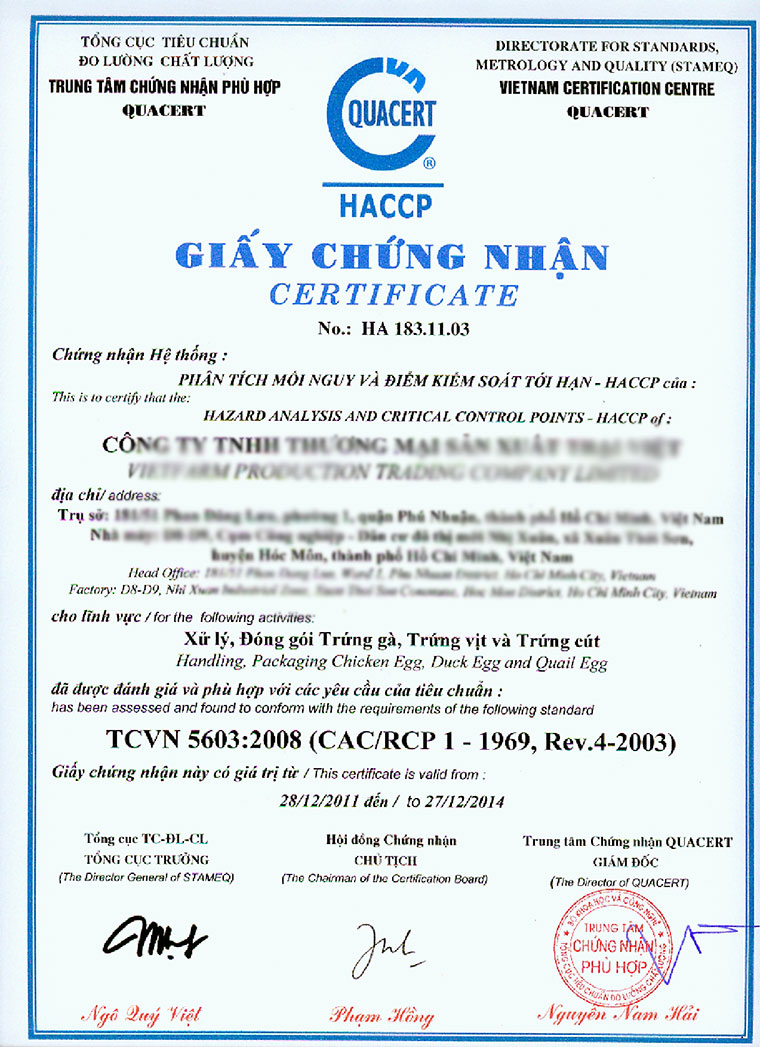
-
Certificate of Production Facility Meeting Food Safety Requirements from the Department of Agriculture and Rural Development.
-
Trademark Registration Certificate.
-
Certificate of Facility Meeting Food Safety Requirements for Producing, Packing, and Trading Fresh Chicken Eggs.
-
Certificate of Compliance with Farm Economic Criteria.
-
Test Result Certificate from the Institute of Life Sciences.
-
Test Result Certificate for Chicken Egg Samples from the Central Veterinary Hygiene and Food Inspection Center.
-
Certificate of Conformity with Food Safety Regulations.
-
Barcode registration with the General Department of Standards, Metrology, and Quality…

So, which would you choose? Spend time researching rubber chicken eggs or opt for our certified eggs and devote your time to refining your culinary skills?
“Read selectively and listen thoughtfully” to be a smart consumer, everyone!
8 Common Mistakes People Make with Cutting Boards
Are you using your cutting board correctly? Many Vietnamese households rely on cutting boards in their kitchen, but not everyone knows how to use them properly, especially when it comes to wooden cutting boards. Check out these 8 mistakes to avoid when using a cutting board to ensure both hygiene and safety for everyone in your family.
Is Refrigerated Leftovers Linked to an Increased Risk of Cancer?
Dr. Lam Van Man, Head of Research, Development and Technology Transfer Department of the Institute of Safety Food, has warned of the risk of food poisoning when reheating leftovers from the refrigerator. But what should we be aware of when it comes to the possibility of these leftovers causing cancer? Here, we explore what the experts have to say on the matter and offer some tips for safe eating.
Preserving Leftover Food from the Tet Holiday
With the beginning of the Lunar New Year, many households are stocking up on food to celebrate the festive occasion. While keeping food in the refrigerator is convenient, it can also be harmful to users if not done correctly. We have compiled a few tips to help ensure food remains fresh and safe to consume during Tet.


























